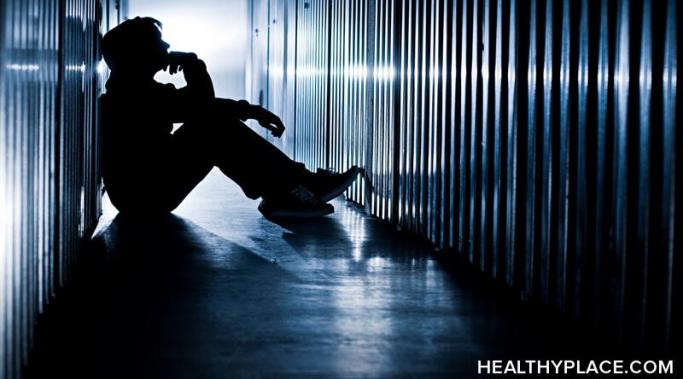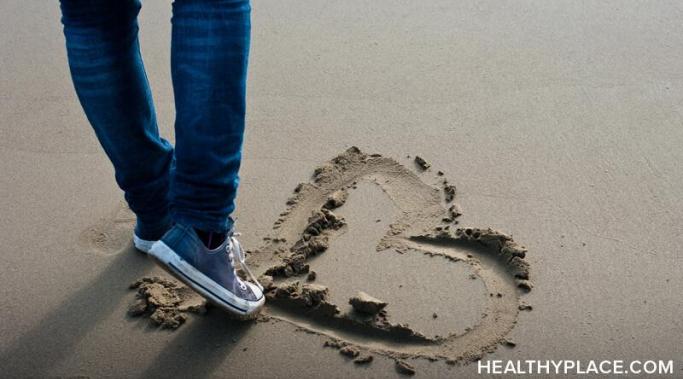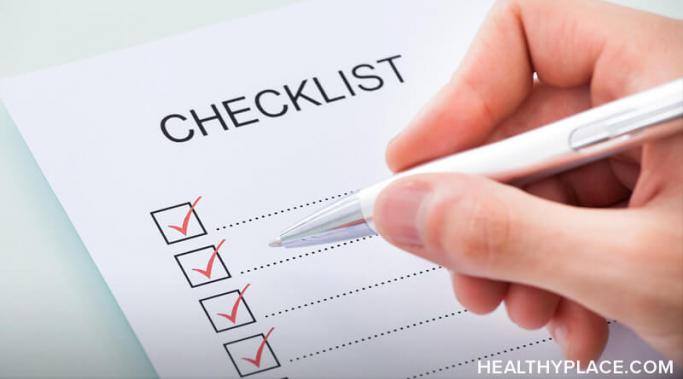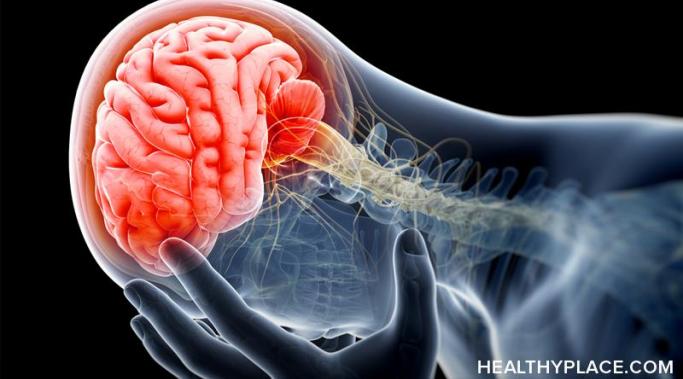I am an identical twin. For most of my childhood, I was viewed as one-half of a package deal. In fact, my sister and I resemble each other so strongly that, as small children, my mom painted our toenails two contrasting colors just to tell us apart. We were known as The Twins, a source of fascination to those around us. I rarely encountered other sets of identical twins in those formative years—until my first experience at a residential eating disorder treatment facility. Twins were not uncommon there, which has me wondering: Is there a connection between eating disorders and twin dynamics?
Identity
When you enter the process of eating disorder recovery, one of the most intrusive—not to mention, persuasive—lies you might have to wrestle with is the belief that you're a burden. The combination of shame and stigma, which often underpins an eating disorder and many other forms of mental illness, can leave you feeling like just too much for those around you to tolerate. But as difficult as it can be to tune out this message, don't listen to the eating disorder voice: You are not a burden. In fact, you are worth claiming space in this world.
To be honest, this is not the post I originally planned to write today. However, life has an interesting—often infuriating—habit of forcing my attention to land on unhealthy behaviors or unresolved issues that I need to acknowledge but would much rather ignore. Sometimes this comes in the form of painful news or circumstances, while other times, it comes in the form of a reminder that I'm an imperfect human who still has healing work to do. But today, in particular, I find myself asking the question: How do I receive painful news without taking it out on the body I live in, which has done nothing to deserve my wrath?
As much as I would rather overlook this step in the healing process, I cannot deny that self-forgiveness is a powerful tool in eating disorder recovery. It pains me right down to my core when I remember just how much I hurt both myself and those I love most in that dark, miserable season of life when my eating disorder had all the control. I take no pleasure in those memories, but I need to forgive myself for them nonetheless.
The phrase "new year, new you" is all over the place right now. From social media posts, to news outlets and blog articles, to conversations with friends or family, to marketing tactics from wellness brands, it often seems I can't escape this message once January rolls around. But while the concept might sound positive in theory—a chance to start fresh and reinvent oneself—the truth is, this "new year, new you" mantra doesn't work for me in eating disorder (ED) recovery. I also suspect I'm not alone in that feeling, so let's unpack it further.
With the start of another new year just around the corner, you might have some questions about how to set eating disorder recovery resolutions for 2022—and that's completely understandable. In the past, the tradition of making New Year's resolutions was often associated with strict body-conscious goals, such as "to exercise more frequently," "consume a healthier diet," or "lose the 'holiday pounds.'"
In many cases, eating disorder behaviors can be fueled by cognitive distortions. These irrational thought patterns could influence you to latch onto a negative and inaccurate view of yourself, a situation, a relationship, or life as a whole. But cognitive distortions only have power if you allow them to take root, which means that you can learn to spot cognitive distortions—and ultimately combat them—in eating disorder recovery.
Why am I, a queer woman of mostly European descent, talking about the movement to decolonize body image? The answer is simple: because it matters—therefore, it must be talked about. In the United States, November is recognized as National Native American Heritage Month, which makes this as ideal a time as any to further the conversation.
This article is not meant to be a universal claim about eating disorders, as I can only speak from my own observations and experiences. But in many cases, I believe that eating disorder behaviors manifest on the surface to mask a fear of rejection deep within.
The way I choose to interact with my body has an impact on my eating disorder recovery. So, it's crucial to make sure that I practice mindful interactions with my body, rather than using harmful words or behaviors to abuse my body and interrupt the healing process.









